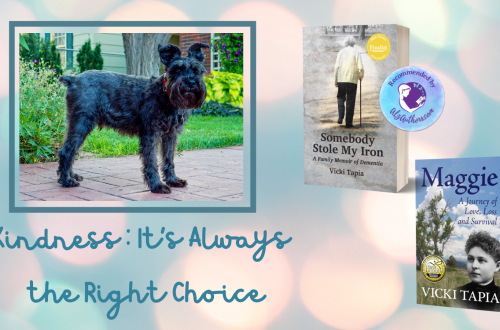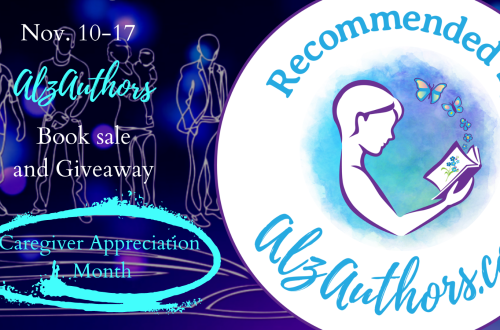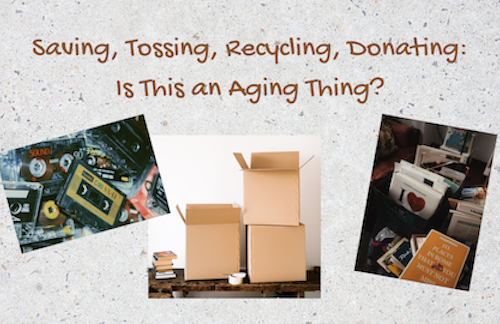Transformative Touch
 Did you know that as we grow older, our sense of touch diminishes? Sure, I knew that eyesight and hearing often decline, along with our sense of smell and taste, but it was news to me that our sense of touch declines as well. According to a recent *article in AARP, by the time we’re 80, we’ve only a quarter of the touch receptors we had at 20. Because it’s so gradual, many of us may not even notice this loss. While our sense of touch may lessen, our need for touch certainly doesn’t!
Did you know that as we grow older, our sense of touch diminishes? Sure, I knew that eyesight and hearing often decline, along with our sense of smell and taste, but it was news to me that our sense of touch declines as well. According to a recent *article in AARP, by the time we’re 80, we’ve only a quarter of the touch receptors we had at 20. Because it’s so gradual, many of us may not even notice this loss. While our sense of touch may lessen, our need for touch certainly doesn’t!
Think of what happens to infants that are left untouched–they often do not survive. All human beings need touch. That includes the elderly. Sadly, something else that often diminishes over time is the opportunity for touch. Spouses die, children and grandchildren are far away and the elderly often find themselves living a singular, mostly “untouched” life.
Both my parents had dementia. Mom had Alzheimer’s and Dad, Parkinson’s-related dementia. They lived nearby me in an assisted living facility and I clearly remember what Mom and especially, Dad, craved whenever I visited. It was touch. Dad particularly loved to be hugged and kissed. Both of them enjoyed holding hands, with me, or with each other (or in Dad’s case, innocently, with any woman who happened to sit down beside him).
The 3 of us regularly relaxed together on the green leather couch in the common room at  the ALF. I usually sat quietly between them, gently holding one of their age-spotted hands, hands that seemed so delicate, the skin paper-thin. I daydreamed as we sat and I watched them, wondering what they might be thinking, or, if they were thinking. Perhaps they were daydreaming too. They often stared off into space, sometimes closing their eyes and drifting off. Rarely did either of them speak. We simply soaked up the tranquility and calm delivered by oxytocin, the “love” hormone that’s released from our brains through touch. Touching also reduces cortisol, the stress hormone. No wonder I left the facility on those days feeling more relaxed! Though I didn’t realize at the time just how important touch was, I did have a sense it was somehow therapeutic for us all.
the ALF. I usually sat quietly between them, gently holding one of their age-spotted hands, hands that seemed so delicate, the skin paper-thin. I daydreamed as we sat and I watched them, wondering what they might be thinking, or, if they were thinking. Perhaps they were daydreaming too. They often stared off into space, sometimes closing their eyes and drifting off. Rarely did either of them speak. We simply soaked up the tranquility and calm delivered by oxytocin, the “love” hormone that’s released from our brains through touch. Touching also reduces cortisol, the stress hormone. No wonder I left the facility on those days feeling more relaxed! Though I didn’t realize at the time just how important touch was, I did have a sense it was somehow therapeutic for us all.
I also vividly recall the last several weeks of Mom’s life. I remember sitting close beside her, sometimes singing softly or sharing family news, but our most comforting connection was touch. Her body, so shrunken and frail, appeared weightless. I felt drawn to gently caress her skin, which had taken on a nearly translucent appearance. My fingers tenderly caressed her back, arms, neck and face, creating an intimacy that merely sitting next to her talking/singing did not.
If you have elders in your life, please consider the importance and impact of your gentle touch.
Some suggestions to increase opportunities for touch:
- Receiving (or giving—it works both ways!) regular massages.
- Therapy Pets…you know how good it feels to pet your dog? That petting action increases the oxytocin level in both pet and human.
- Self-massage, such as gently rubbing our skin in the shower, can be therapeutic. It stimulates the vagus nerve, increasing our serotonin levels, which is considered our body’s “natural antidepressant.”
- Take a dance class or simply turn on the music and dance!
_______________
*AARP The Magazine: December 2015/January 2016 “The Power of Touch,” pg. 41



